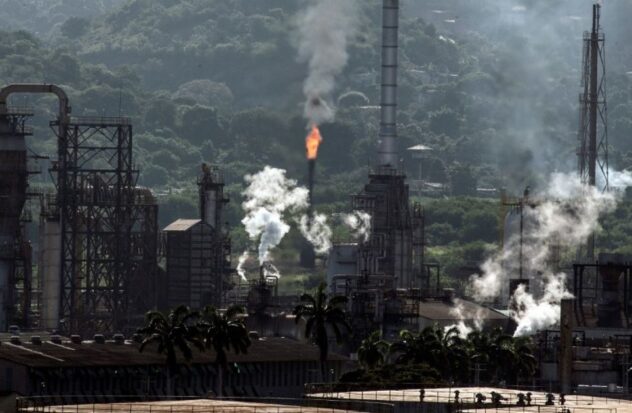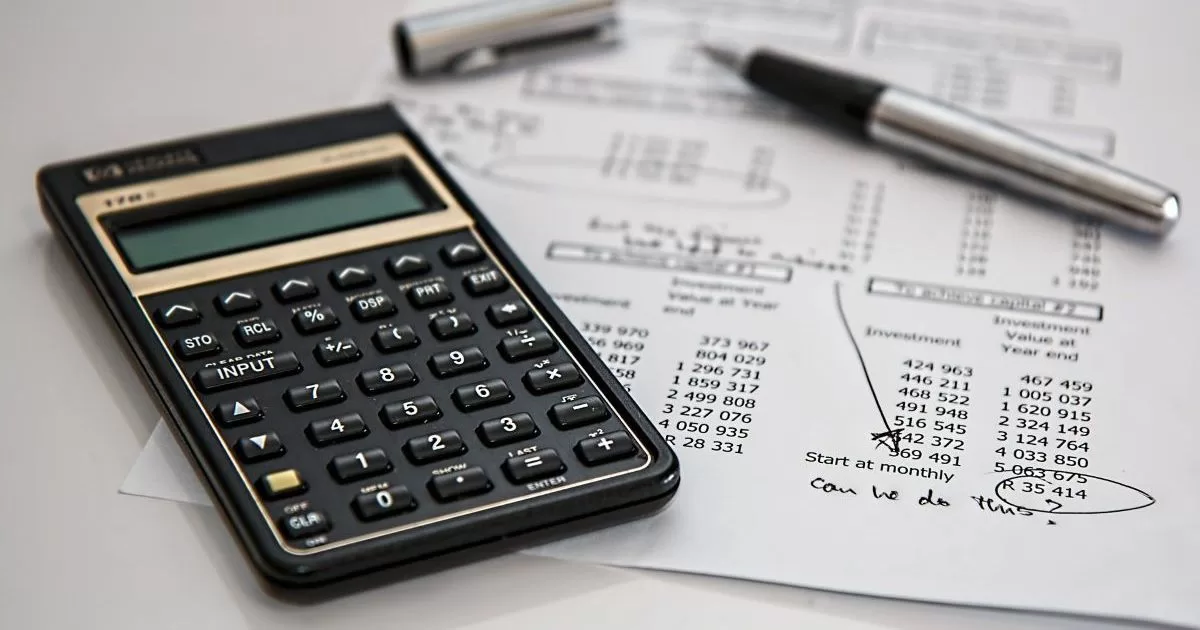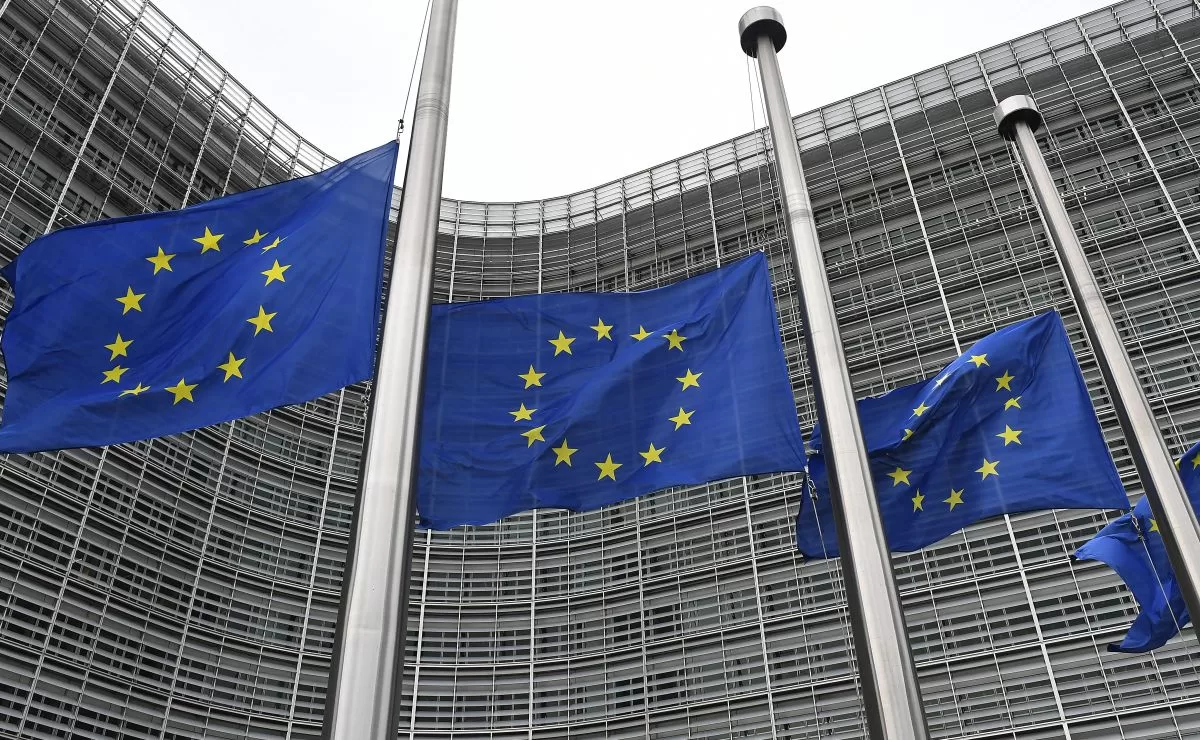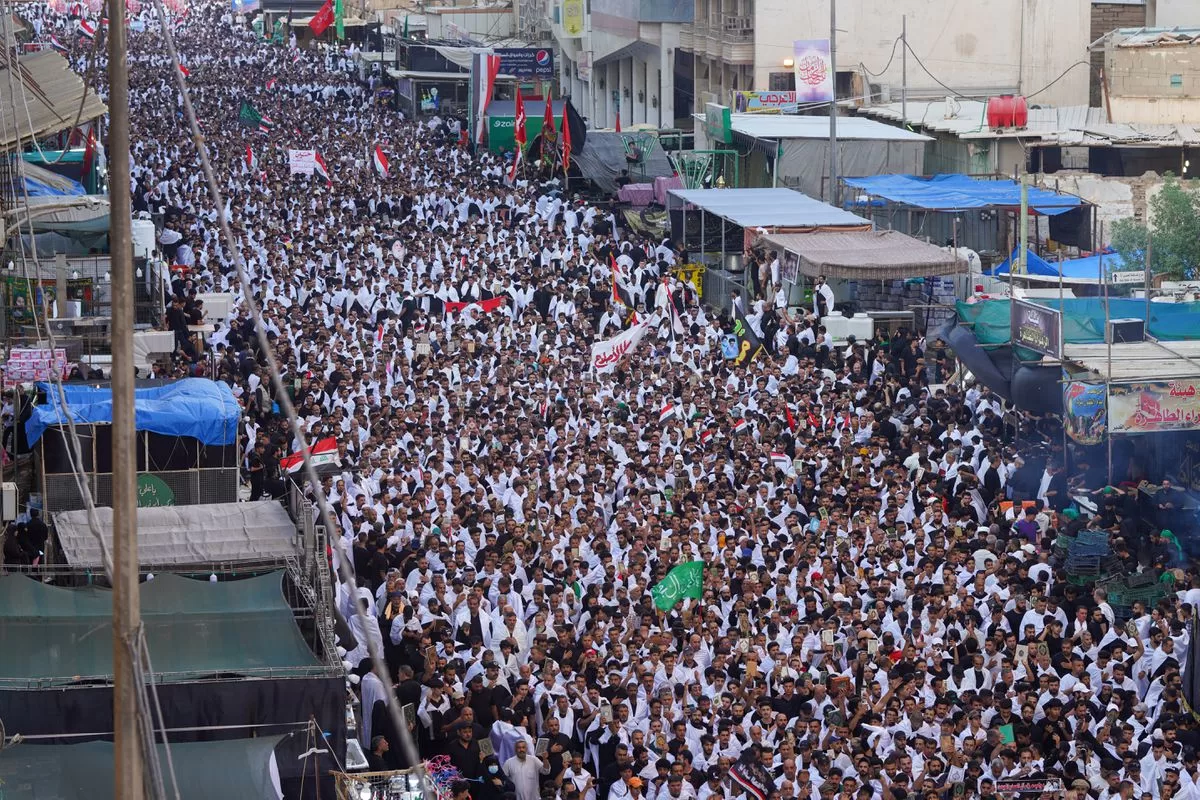WASHINGTON.- EEUU reimposed sanctions to the oil and gas industry Venezuela in response to the “democratic regression” in the Caribbean country, due to the fact that the Nicolas Maduro prevented opposition leaders from running for the July presidential elections, which Washington took as a breach of the Barbados Agreement, signed with the Democratic Unitary Platform (PUD), the main opposition alliance.
The Treasury Department reported that it would not renew general license 44, which expired at midnight on Wednesday, which allowed the marketing of Petroleum and gas to Venezuela. In its place, 44A was announced, which will allow the state-owned Petróleos de Venezuela (PDVSA) complete any pending transactions with foreign partners before May 31.
Open windows
The non-renewal of general license 44 is today a fact, although as of this Thursday a grace period of 45 days established by the Department of the Treasury of USA so that companies that are operating in Venezuelaalong with the state-owned PDVSA of this country, close their operations, according to yesterday’s announcement by the US Treasury.
However, the US closed the door, but left “windows open,” according to Leonardo Vera, president of the Academy of Economic Sciences of Venezuela.
The 44A licensewhich came into force as of today, includes a section that allows companies that wish to work with Venezuela to request specific licenses, such as the one that has Chevron. “These are the windows that remain open,” said Vera.
Repsol and other European companies such as the French Maurel & Prom “had already requested individual licenses,” said Francisco Monaldi, director of the Latin American Energy Program at the Baker Institute, at Rice University, Texas.
And “this signaling from the United States may imply that they would be approved,” continued the expert, who rules out “a return to the previous sanctions policy.”
Washington actually hinted that it may change the measure if it sees significant changes in the organization of the presidential elections. “It should not be seen as a final decision in which we no longer believe that Venezuela can hold competitive and inclusive elections,” a US official who requested anonymity said in a telephone press conference on Wednesday.
Venezuela produces more than 900,000 barrels per day (bd) and aims to close the year at 1.2 million bd, according to the president of PDVSA and Minister of Petroleum, Pedro Tellechea.
Monaldi pointed out that the impact on production may be minor, since the bulk comes from the Chevron operation. But he stressed that the risk is in revenue.
The 44A license “is much more specific and discretionary” and “if there are no companies that obtain licenses to buy from you, PDVSA “You are going to have to sell on the black market with all the difficulties of discounts and collection.”
Tellechea said that they will make the “corresponding measurements,” but he is adamant about not returning to policies that opened the door to corruption and insisted on selling at an international price.
Why are the sanctions returning?
USA imposed an oil embargo on Venezuela in 2019 after ignoring the re-election of Maduro in the 2018 elections. Since then, the White House granted licenses to operate in the Caribbean country, such as that of Chevron, which is still in force.
Last October, after the signing of the Barbados Agreementin which the regime promised to guarantee clean and transparent elections, Washington partially lifted the embargo under the condition that there was democratic progress regarding the organization of the presidential elections on July 28, in which Maduro aspires to a third mandate.
However, the regime Maduro insists on curtailing the political rights of the opposition. In January, the Supreme Court of Justice (TSJ) ratified the political disqualification of the opponent Maria Corina Machado, who has a chance of winning the presidential elections. According to the measure, Machado cannot hold elected office for 15 years, starting in June 2023. This prohibition is illegal, according to experts and the opposition itself.
At the end of March, the National Electoral Council (CNE), with a Chavista tendency, opened the deadline for political parties and candidates to register their applications. Given the impossibility of registering, Machado appointed a substitute he trusted, Corina Yoris, who was also unable to make her nomination due to a veto imposed on her by the regime.
Likewise, since last January, the Maduro regime has arbitrarily detained six members of Machado’s party, Vente Venezuela, and ordered arrest warrants to be issued against six other members of the political organization, who had to take refuge in the Embassy. from Argentina in Caracas.
Source: EDITORIAL / With information from AFP






